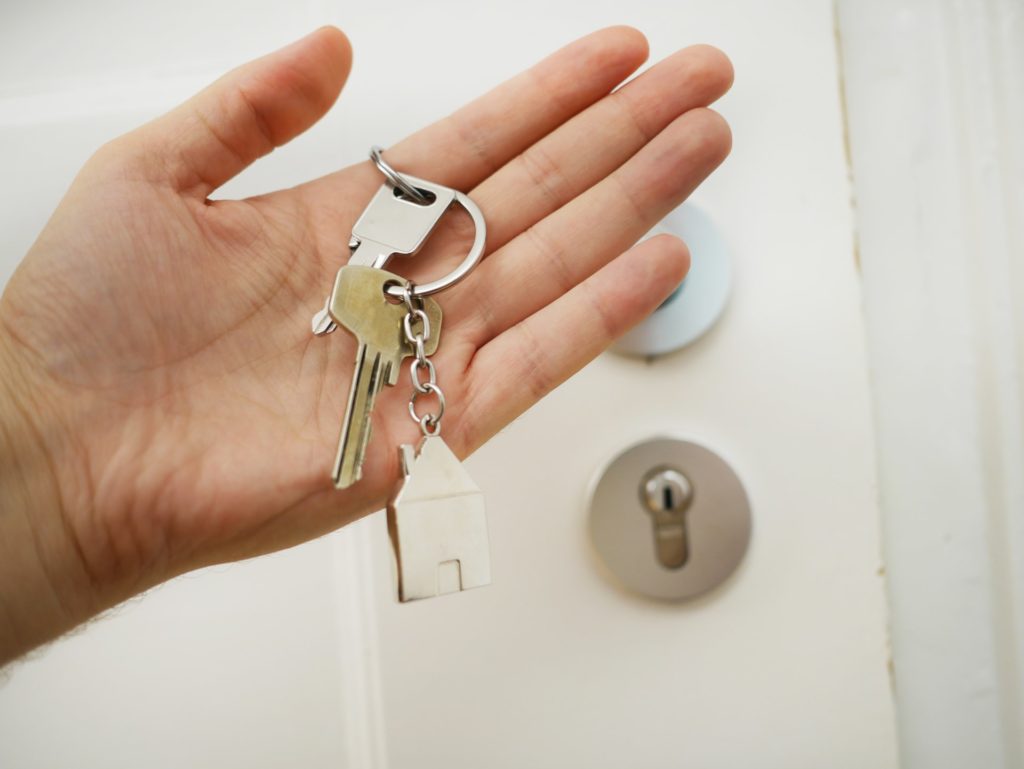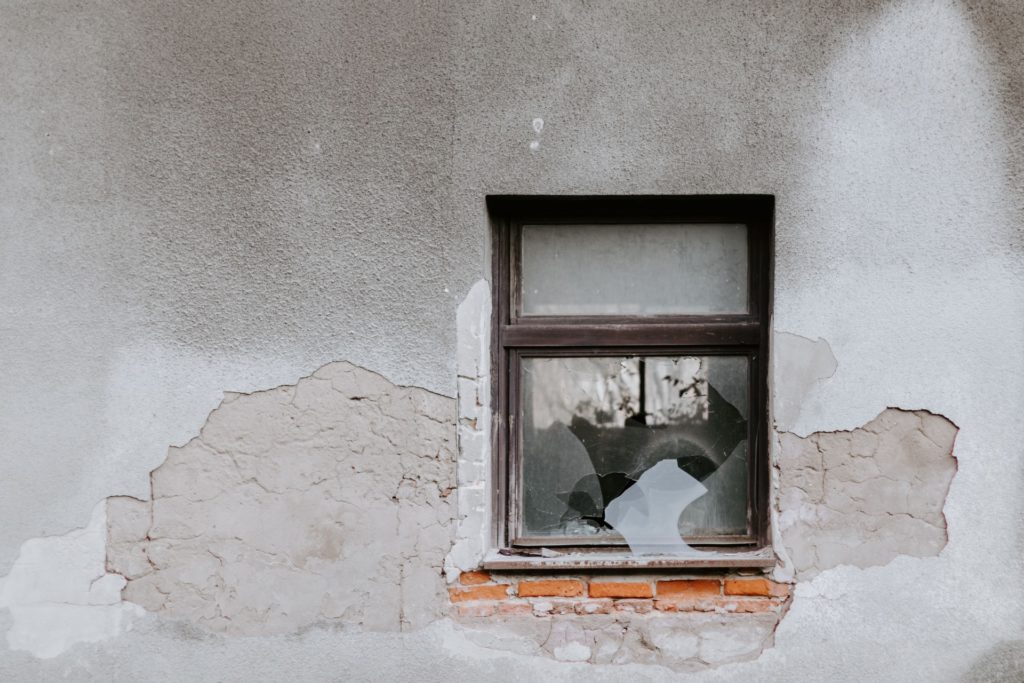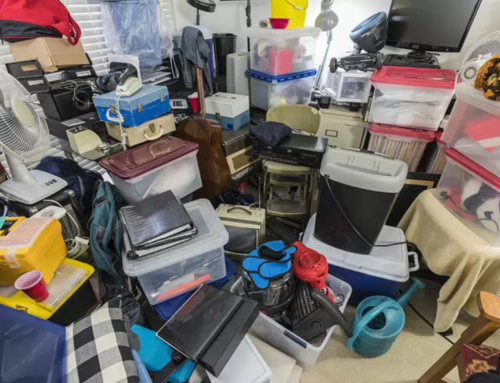Selling a house “as is” generally means that the seller is willing to sell the property in its current condition, without making any repairs or improvements. This can be advantageous for buyers who are looking for a fixer-upper, as they will generally benefit from a lower purchase price and can make updates according to their own taste and budget. However, it’s important to remember that buying a house as is still comes with certain risks and uncertainties, so it’s advisable that you do your research before entering into such an agreement.
Advantages of Selling a House as Is
Generally, when people sell their homes, they want to get the best possible price for them. In order to do this, they will usually make repairs and updates before putting their home on the market. However, there are some advantages to selling a house “as is” instead and these include:
Zero Home Repair Costs
You won’t have to make any repairs or updates before selling: this can save you time and money since you won’t have to worry about hiring contractors, buying materials, etc. Additionally, it can be difficult to know exactly what needs to be done in order to get top dollar for your home. By selling as is, you don’t have this stress.
Sell Quickly
Selling a house as is may make it sell faster because buyers will know that they will probably need to put some work into it – they won’t be super picky about the small stuff. The kind of buyers you get for “as is” properties tend to be more investment-minded, so they won’t be looking for a place with the perfect color walls or curtains!
More Cash in Your Pocket
You won’t have to spend any money on repairs or updates, this is the biggest benefit of selling your house as is. Even if you sell for less than what the home would be worth if it were updated, you may still end up with more money in your pocket because you didn’t have to pay for the work. It takes all the speculation out of it.
Home Investors Pay Cash for Homes
You won’t have to worry about finding a qualified buyer who can get approved for financing as often. When you sell your house as is, investors will often pay cash, which means you can close on the sale quickly and without any delays.
No Need To Mess With Permits or Inspections
A lot of the time, if you’re selling your house as is, you won’t have to get your house inspected or deal with any other red tape that’s typically involved in a traditional sale. This can save you time and money, and it means one less thing to worry about during the selling process.
A Chance to Skip Real Estate Commissions
When you sell your house as is, you often won’t have to pay a real estate agent or broker. That means more money in your pocket because you didn’t have to pay for the work of getting your house sold. This is particularly true if you accept a cash offer from a property-buying company.
Less Stress
You don’t have to deal with the hassles of repairs or updates: Not only will you not have to pay for these repairs, but you won’t have to deal with finding a contractor, getting estimates, and overseeing the work. You also don’t have to worry about running out of time before you need to move.
Disadvantages of Selling a House As Is
Low Offers
You often can’t get the full market value of your home because the buyer will have to spend more money on repairs, remodeling, and upgrades than if they were buying a home that was already in perfect condition. This can lead to many low offers.
Indecisive Buyers
An “as is” sale may scare away some buyers who are undecided about purchasing the property. This is especially true if the home needs significant repairs.
Poor Quality Leads to Ugly Negotiations
If you skip out on repairs, it can make it difficult for you to negotiate with potential buyers because they may be concerned about how much it will cost them to fix up your house before moving in. Furthermore, if you try to negotiate with them on the price too much, they may be turned off completely and find another property that meets their needs better – after all, there are a lot of alternatives when the buyer is not looking for something perfect.
Possible Legal Liability
If you have not disclosed any problems with your house or if you have not repaired them before the sale, there is always a possibility that the buyer may come back to you at some point in the future and allege that your failure to disclose or repair problems constitutes fraud.
Tips for Selling a House As Is
Here are some of our best tips for selling your house as-is:
Curb Appeal is Everything
It’s important to understand that curb appeal is more than just the outside of your home. It’s a combination of the exterior and interior. So keep in mind that you should give these areas equal attention. The exterior includes landscaping, paint color, window treatments, and exterior trimming. The interior involves carpeting, furnishings, and decorating touches.
First impressions count when it comes to selling a house as is, so it’s essential that you make sure everything is ready for viewing before showing potential home buyers around your property. Getting rid of clutter can help create an open space that makes people feel like they want to stay longer while they’re touring your home.
Clean up the yard by removing weeds or other debris from around trees or shrubs so they aren’t hiding something unsightly behind them such as dead branches or overgrown bushes which could detract from their aesthetic appeal.
Be Transparent About any Issues
If you have issues with your house, be honest about them. You might think that you’re sparing your prospective buyer some unnecessary worry when you hide or simply neglect to mention certain problems. But it will put a lot of pressure on you if the buyer discovers them during the inspection process.
If your house has any major issues, make sure to inform the buyer about them. You might think that this gives buyers a chance to ask for a lower price, but they may be willing to pay full price as long as they know what they’re getting into.
Some example issues you should mention are:
- Leaky roofs
- Mold or mildew problems
- Cracks in the foundation
- Termite damage
- Structural problems
- Water damage
- Damaged or missing shingles
- Plumbing issues
It’s advisable to talk to your real estate agent, who can help advise how much information is appropriate or necessary for each issue on your checklist. But generally speaking, it’s best to err on the side of too much rather than too little.
In addition to being honest about what needs fixing or replacing in order for someone else’s family to enjoy living in your home (and hopefully appreciate its value), also consider including any additional costs associated with these tasks as well.
Detail the Issues in Writing
In addition to listing the problems, provide a detailed cost estimate for each repair. A seller can be held liable if an inspector finds code violations and the seller failed to disclose to them in writing.
If you’re dealing with a buyer who wants the inspection done after closing, include a list of what repairs have already been made since you listed your house for sale. For example: “The roof was replaced in 2014; all windows were replaced in 2017; some plumbing fixtures have been replaced as well.”
Price Accordingly
When you put your house on the market, it’s important to consider pricing it at a level that will attract buyers. If a home is priced too high, buyers will not be interested, but if the price is too low, it can make sense for potential buyers to walk away (or even bid below market value).
Consider the following factors when determining what kind of price to list your home at:
- The repair costs involved with making the property livable again
- The condition of the house, as compared with other comparable houses on the market in your area. For example, if two houses are identical but one needs more work than another (for example), the chances are good that this house will cost less money overall.
- The location and neighborhood where your house is located (and who lives there!) can impact how much interest a buyer has in buying from you.
Remember that when determining a price for your house, potential buyers will likely take the repairs needed into account when making their decision (that is if there are repairs needed). So don’t try to inflate the value of the house by listing it for significantly more than it’s actually worth. You’ll only end up wasting time and energy trying to sell a home that no one wants to buy.
Prepare to Negotiate
As with any major purchase, it’s important to negotiate. There are many opportunities for negotiation during the selling process:
- Negotiate with the buyer. As mentioned above, you’ll need to decide if you want to accept a low-ball offer or counter with an asking price higher than what they are offering (if so, pay attention to their response).
- Negotiate with the buyer’s agent. Sometimes there are additional fees involved with hiring a real estate agent such as when they’re assisting in escrow services. So don’t be afraid to ask about them before signing on. If there is any confusion about something that was written into your contract, now is the time when changes can be made (as long as both parties agree).
- Negotiate with the buyer’s attorney and/or lender if necessary. In some cases, these entities may have their own contracts regarding how much of a commission they’ll receive from closing costs and other expenses associated with buying a house from out of state sellers.
In short, you’ll probably want a real estate agent to help you sell your house. Even if you save money on commission, the amount of work involved in selling a house as is while living far away might be too much for one person to handle. Plus, agents can often secure better deals than what you could get on your own, especially if they have an established relationship with another local agent.
Consider a Cash Offer
While a cash offer is usually a little lower than other offers, it can be a great option for you if you want to sell your home quickly. If you’re looking for an immediate sale, consider getting in contact with a company that makes cash offers for homes in your area.
This option is especially useful if significant repairs needed, or if the condition of your home isn’t quite up to par with what home buyers have come to expect. As long as you’re honest about any problems with your property, you will usually be able secure a cash offer.
Here at Highest Cash Offer, we are experts in buying “as is” homes. Get in touch today at (888) 387-5750 or receive a free-of-charge offer online if a quick, cash sale is a route you would like to consider.
Work With The Right Real Estate Agent
The last but not least part of selling a house as is, is that you may need to find the perfect agent to work with you. This can be hard because there are so many real estate agents out there who don’t know how to sell a house as is.
They might have never done it before and they may not be willing to negotiate on your behalf or go the extra mile for you. In order for this process to work smoothly and successfully, it is important that you work with a real estate agent who has experience in these types of sales and knows how to handle them effectively.
Selling Your House As Is Can Be Done if You Do It Right
Selling your house as is can be done, it just requires a little planning in order to ensure that you get a fair price. Here’s what you need to do:
- Make sure you are clear on all of the issues with the home. If there are problems in the home that have been repaired but not properly fixed, make sure they’re documented and disclosed to potential buyers in full.
- Consider pricing your home based on how much it would cost to fix up any existing problems or damage so that when someone makes an offer on it, they’ll know exactly what they’re getting themselves into (and whether or not they should pursue buying this particular house).
- If you’re not sure how to evaluate the condition of your home, consider hiring an inspector who can point out any areas of concern and help you figure out what needs to be done. Their advice could save you plenty of money and hassle down the line.
Conclusion
Selling a house as is will take patience and a little effort, but if you’re willing to put in the work, you may find that it’s worth it in the end. The faster you can sell your house as is, the sooner you can move on with your life, whether that means starting a new chapter or just putting the real estate business behind you.
If you do have to spend money on repairs or renovations before selling your house as is, remember that they might even increase the value of your home—something worth considering before deciding whether or not this route is right for you.
If you would like to see what we could offer you for your property, get in touch today at (888) 387-5750 or receive a free-of-charge offer online.









 Highest Cash Offer is a real estate solutions company. Our team of experts specialize in assisting homeowners with a wide variety of solutions to any real estate problem. Whether we buy your house for cash or not, our goal is to help you get the desired outcome you deserve.
Highest Cash Offer is a real estate solutions company. Our team of experts specialize in assisting homeowners with a wide variety of solutions to any real estate problem. Whether we buy your house for cash or not, our goal is to help you get the desired outcome you deserve.